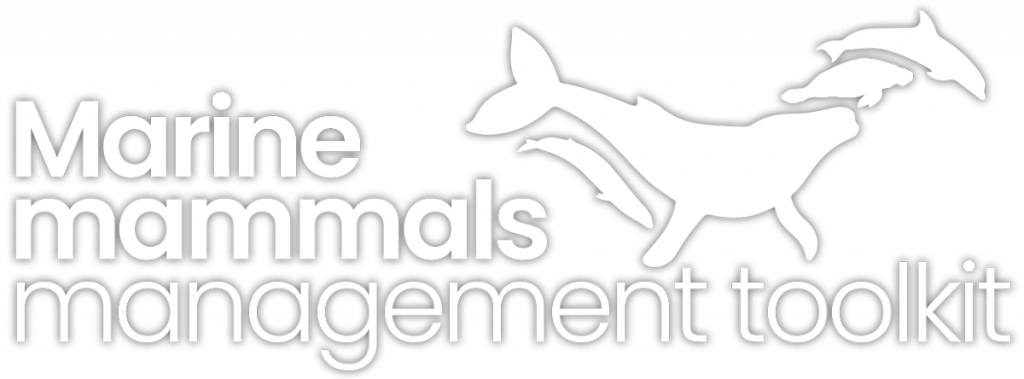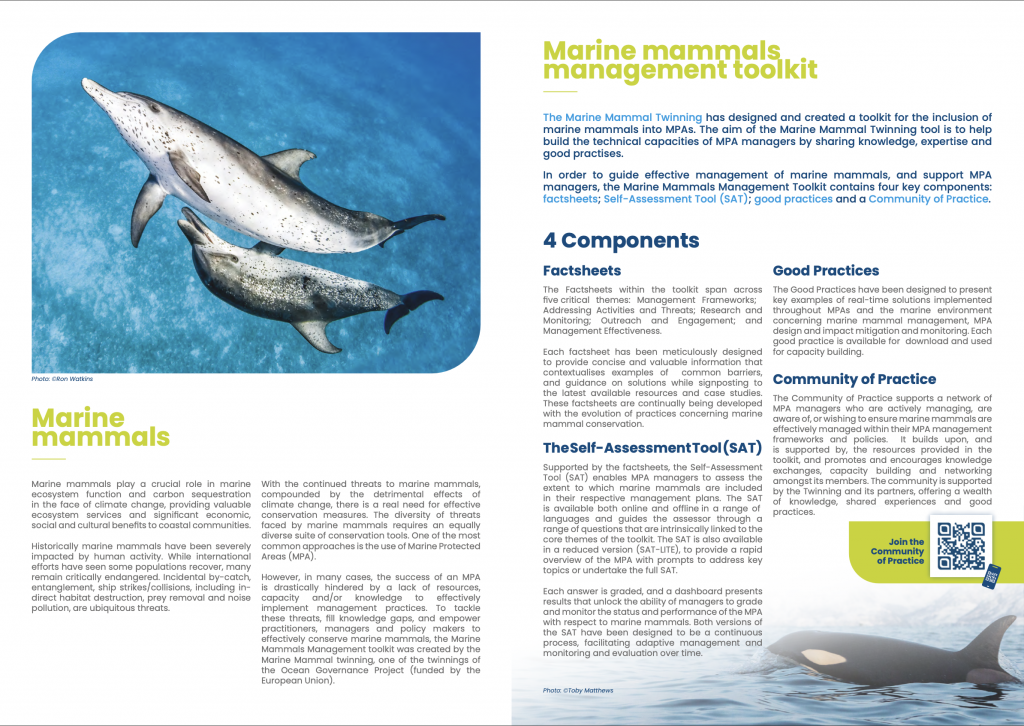Reductions in Vessel Speed Reduce Noise Impacts on Marine Mammals

In a recent study published by the Advances in Science journal, researchers have found that even minor reductions in cargo vessel speed can have a significant impact on reducing underwater nose levels and the detrimental effects they have on marine mammals. The study emphasizes the urgent need for global actions to mitigate the increasing cumulative […]
IFAW Blue Speeds: Slower Shipping to Save Whales
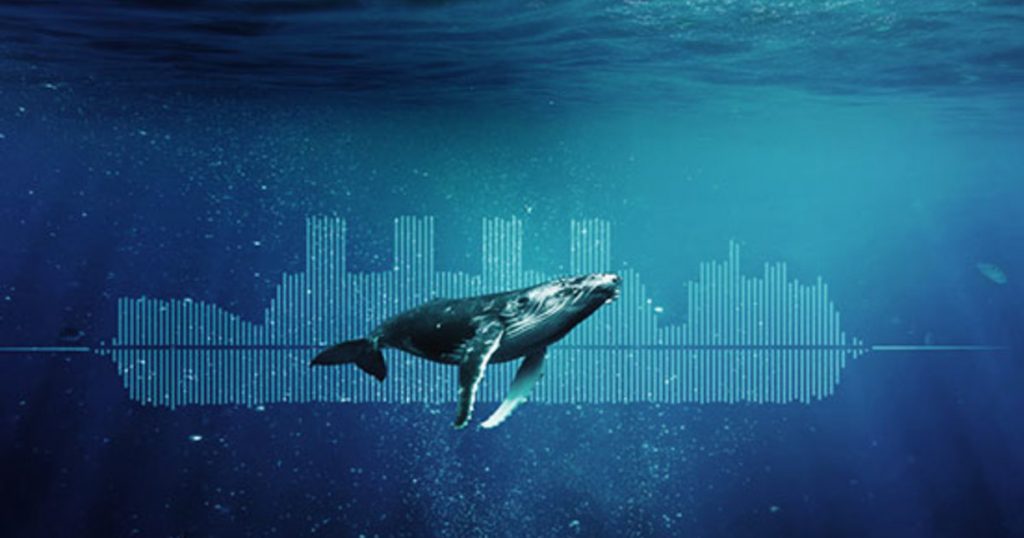
The International Fund for Animal Welfare (IFAW) has recently launched a campaign to tackle shipping threats faced by marine mammals in Europe, through an enterprising scheme called Blue Speeds. They are calling on ships travelling to and from European ports to slow their speeds in order to reduce noise pollution, reduce the risk of collisions […]
Convention on Migratory Species Tackles Noise Pollution
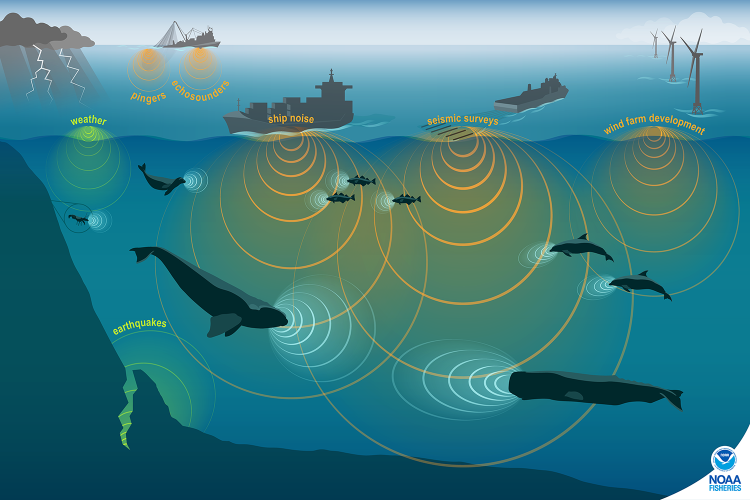
On World Oceans Day, the Convention on the Conservation of Migratory Species of Wild Animals (CMS) released a landmark report aimed at addressing a major threat to marine species: noise pollution. Noise pollution is known to cause significant disturbance to marine wildlife, including migratory species protected under CMS such as whales and dolphins (and their […]
Commercial Vessel Restrictions: Southern Right Whales Protected in the US and Canada
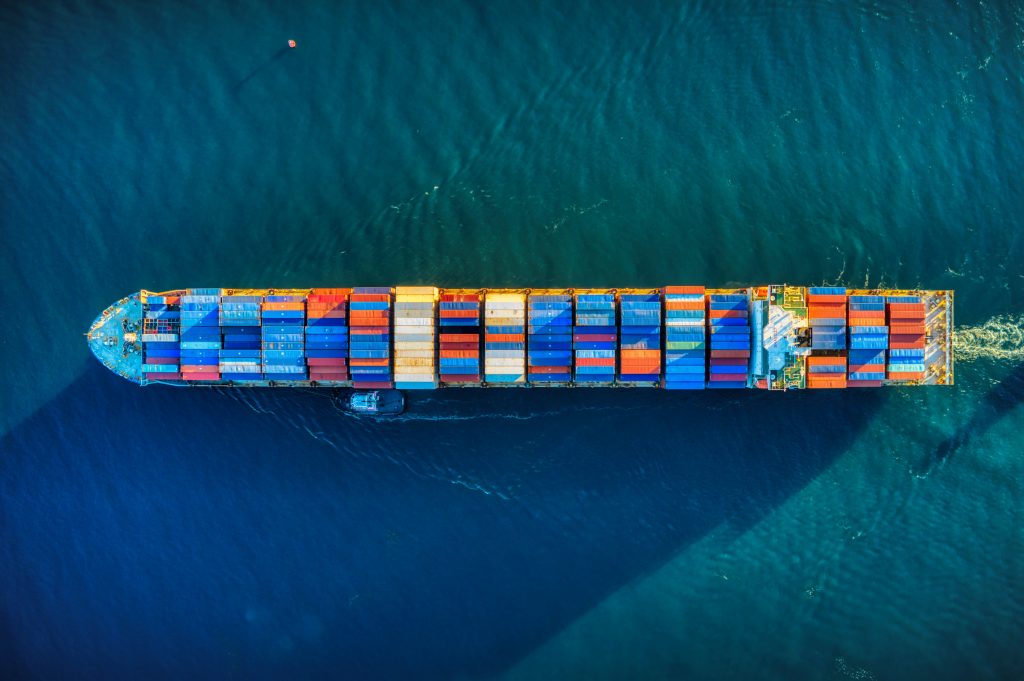
Masters and crews who operate along the US/Canadian East Coast must now keep a lookout for North Atlantic Right whales, who live almost exclusively in this region. Transport Canada has recently announced that during the 2023 whale season, vessel traffic measures will be enforced in the Gulf of St. Lawrence, from 19 April to 15 […]
New study finds that dolphins “shout” to compensate for high underwater noise levels
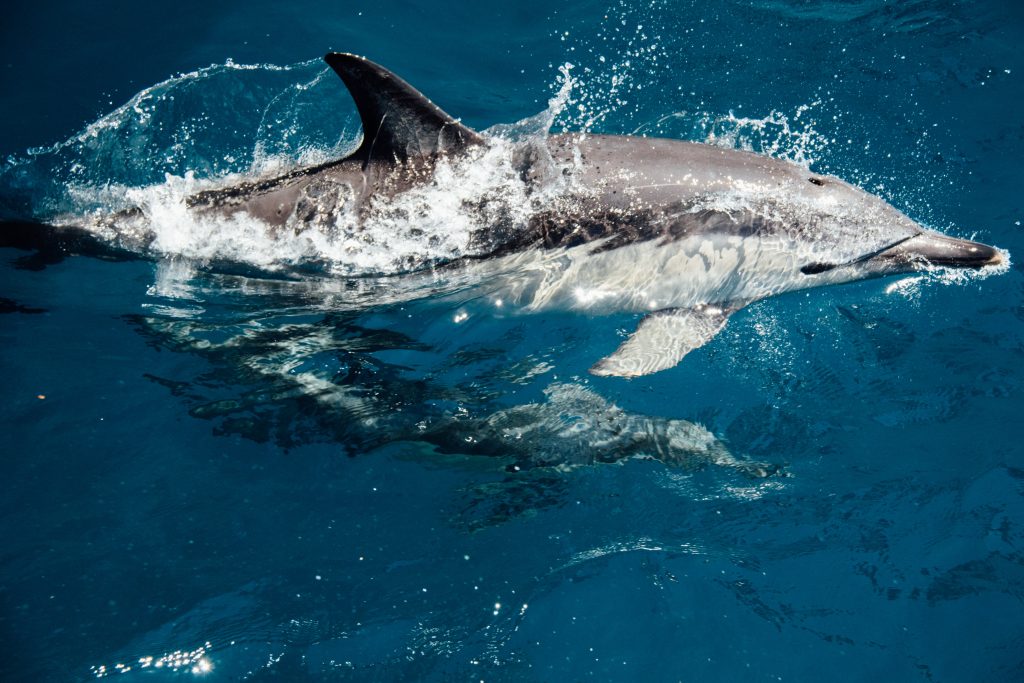
Oceans are full of sound. Waves, earthquakes and calving icebergs all contribute to the underwater soundscape. But so do human activities, with activities such as shipping, pile driving and sonar air-guns all contributing to the amount of noise present in the ocean. According to the European Commission, underwater background noise levels have doubled every decade […]
International Chamber of Shipping (ICS) praises stakeholder cooperation in efforts to protect whales
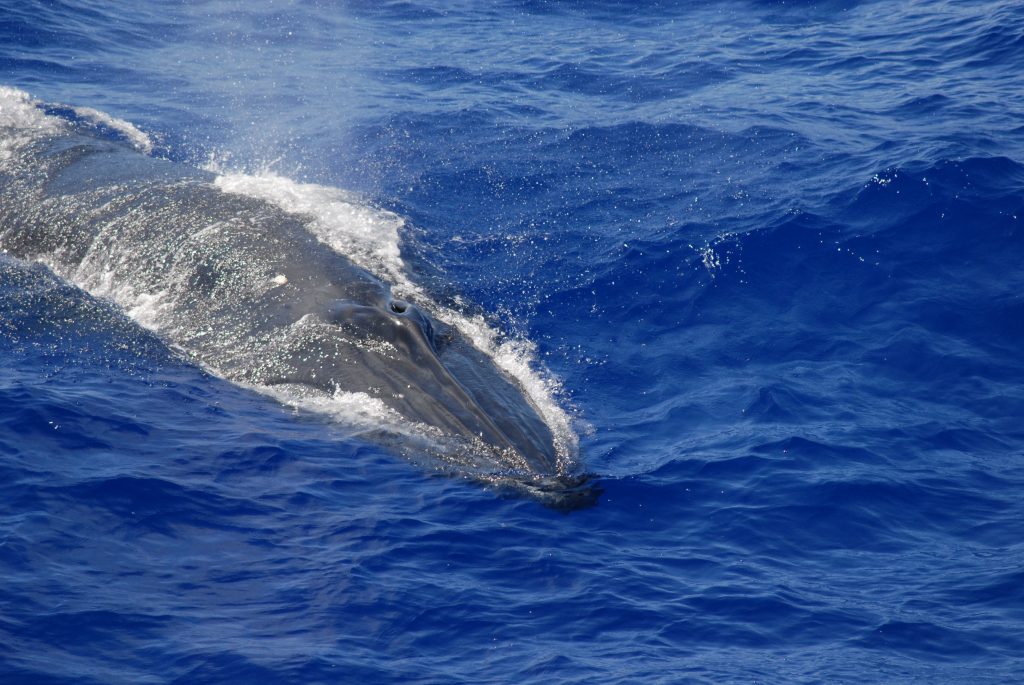
Shipping has long been identified as one of the major threats to cetaceans, not only through vessel strikes, but also through noise generated by ships, which can disrupt vital behaviours, like feeding, navigation and migration of cetaceans and other marine animals. Significant steps have already been taken by the industry to protect marine mammals, with […]
Human-induced ocean noise threatens marine life
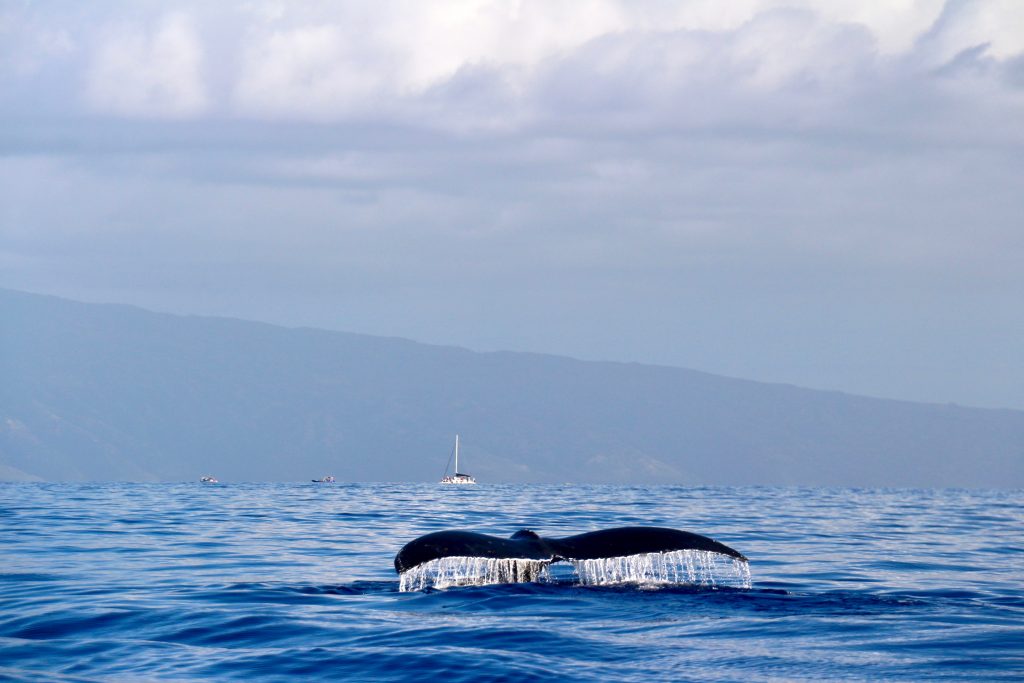
OceanCare released a video calling for a quieter ocean for marine life. Ocean noise poses a serious threat to marine animals and is predominantly caused by the petroleum industry searching for hydrocarbon resources, navies and shipping. Seismic airguns, which you hear at the end of the video, are used to search the seabed for oil […]
NOAA and US Navy launch new web portal for SanctSound
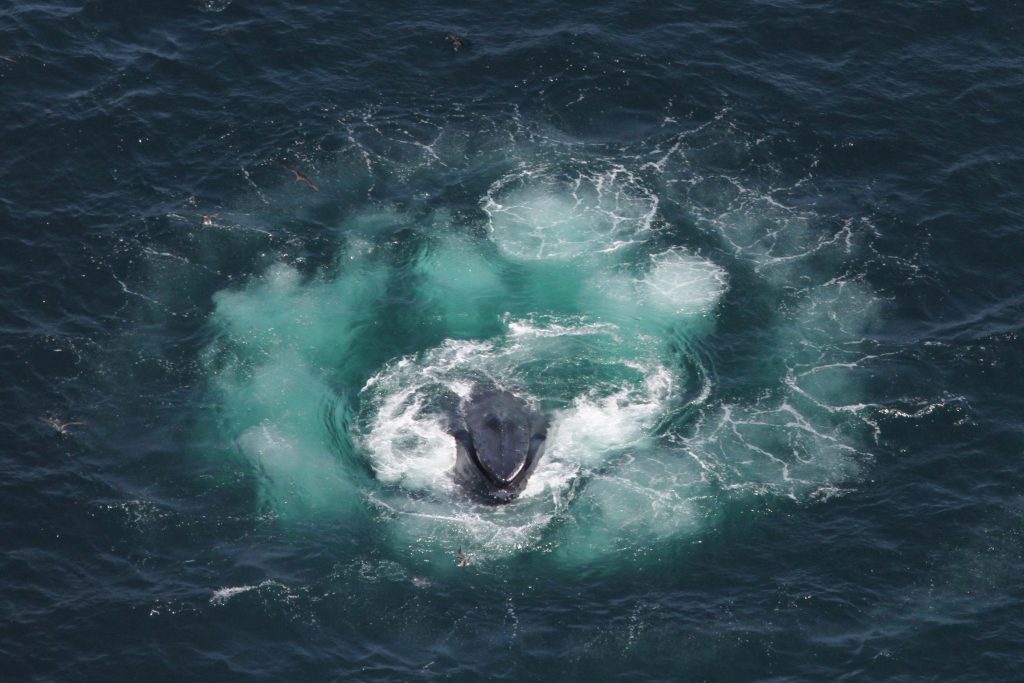
26th April 2022 – NOAA and the U.S. Navy are pleased to announce the launch of a new web portal for the Sanctuary Soundscape Monitoring Project, or SanctSound. The portal allows the public to listen to underwater sounds and learn more about how sound monitoring can be an important tool in the protection of national […]
CETIROISE: Listening to cetaceans in the Iroise Sea
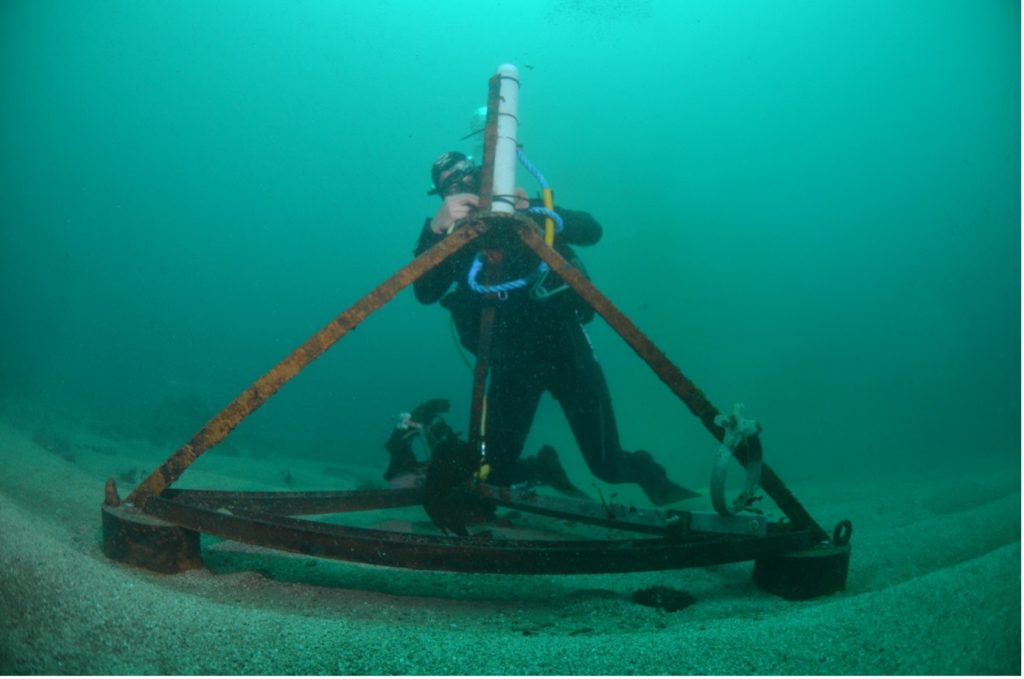
The Iroise Natural Marine Park hosts 2 coastal bottlenose dolphin groups, but is also an important area for other cetacean such as common dolphins, harbour porpoises, fin whales, Risso’s dolphins, pilot whales… These species are threatened by bycatching, disturbances, noise pollution, ship collisions… Knowledge of these species is still difficult to acquire. It is also […]
Marine Mammals and Renewable Energy
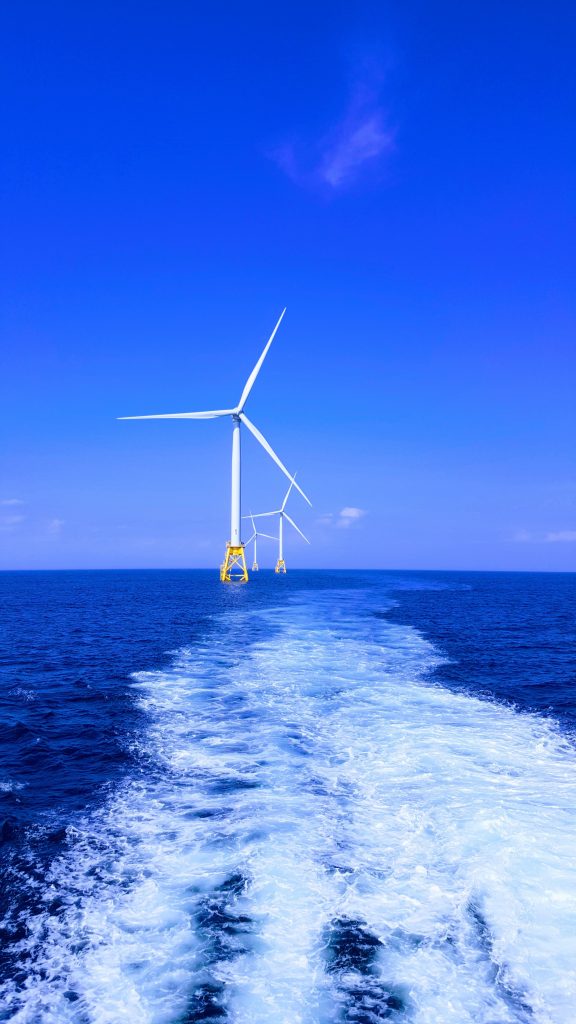
Marine mammals of all sizes are always a welcome sight for visitors to the UK coastline. But while they are abundant in British waters, especially in Scotland, they now face a new challenge: coexisting with offshore renewable energy. In this short report released by the authors from the University of St Andrews Sea Mammal Research […]

